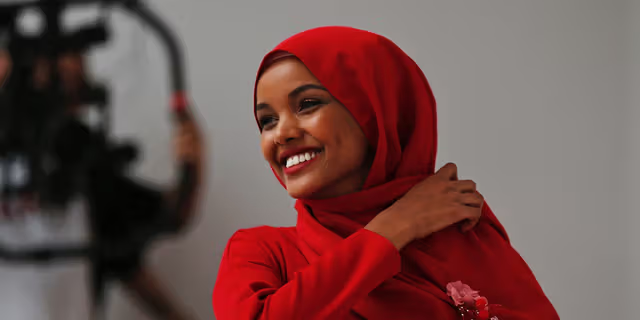Opeyemi Adelere
Only about two million out of the estimated 200 million Nigerian population are currently in all the 172 universities across the country representing one per cent of the entire population, the Executive Secretary of the National Universities Commission, Professor Abubakar Rasheed, has said. Of all the universities, 93 are owned by the Federal Government while 79 are privately owned.
Speaking at the United Nations headquarters in New York during the International Day of Education last week, Rasheed, said that there were over two million enrollments in the 172 Universities in Nigeria. Comparing the total population of enrollment to the population of 200 million people in the country, he said that one percent of Nigerian population was currently in the university.
Higher education is said to be germane to development. However, aside the low population of Nigerians in universities, there has been concern over the use of outdated curriculum in many of the nation’s universities. The curriculum used in some Nigerian universities is said to be older than the country itself as its colonial masters were alleged to have drafted the document before the nation was even born.
A study, Future of Work: how can we adapt to survive and thrive?, found 60 per cent of the people it surveyed would have to change roles or industries in the next 10 years; and that 67 percent of the existing jobs would go into extinction.
However, Rasheed said the commission was at the verge of concluding “a draft review” of the country’s entire curriculum with the help of the Economic Summit Group. According to him, Industries are not left out of this process, as the commission is working closely with industries to identify the gap between the classroom and the workplace experience.
He said the Nigerian government was fully aware of the problems confronting the education sector and looking forward to addressing the challenges in the areas of access, quality, safety on campuses, and inclusion, among others.
A committee of experts set up by the NUC two years ago had identified poor access and quality of university education as the core challenges facing the university system. In some particular fields of study; such as Engineering, IT and others, gender inequity was also stated as a challenge to access.
The committee came up with a draft blueprint of data on gender composition in university communities. The percentile ratio of male to female was estimated at 42:58. On the teaching sides, 17 percent of academics were females. The NUC boss said the government was looking into how more females could be attracted into teaching, in the hard core areas of Engineering, Medical Sciences, Environmental Sciences and Agriculture. For other fields as Humanities, Language, Education and Arts, there is a breakeven in gender ratio or more female lecturers. As at now, agreement is said to have been reached with Oxford University to have Nigerian female academics trained.






















